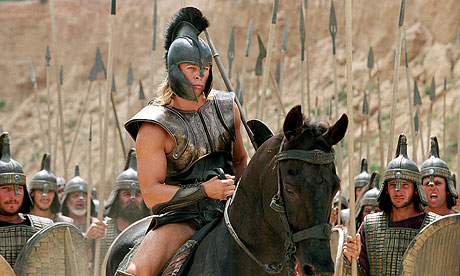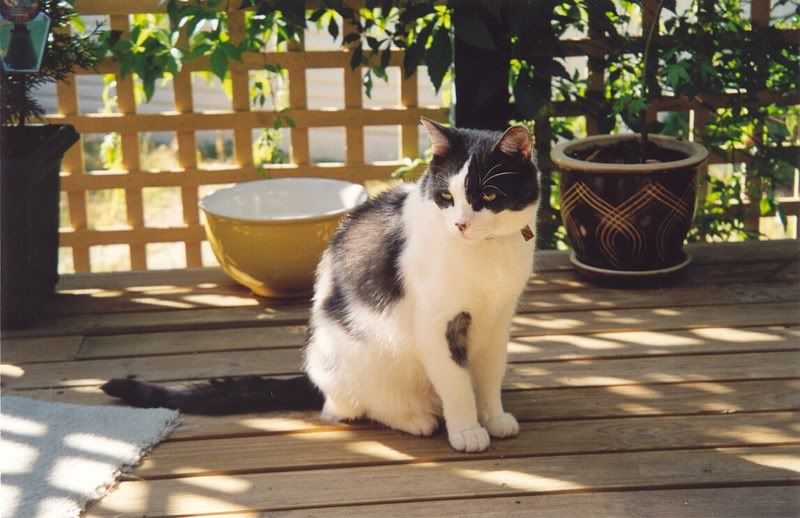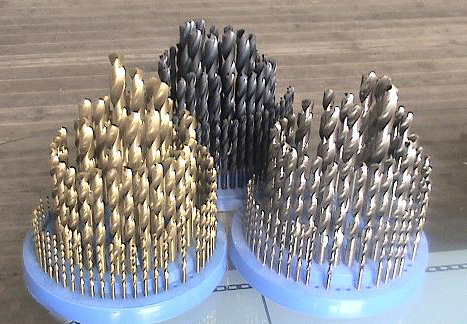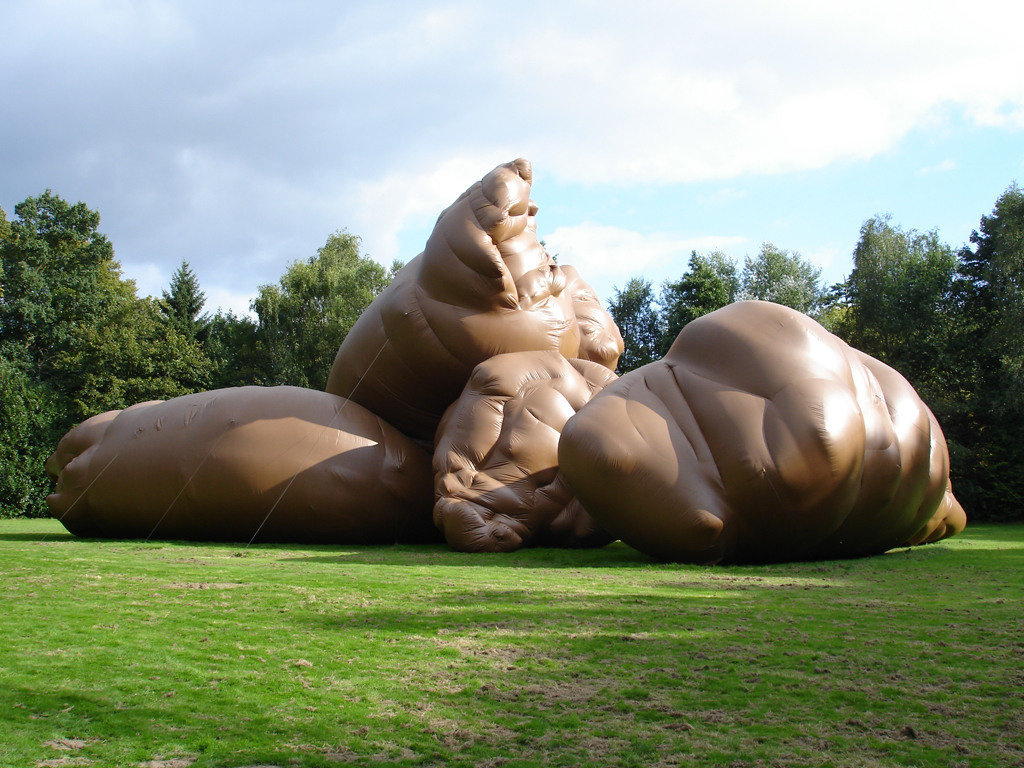I thought this analysis by Alex von Tunzelmann in the Guardian was amusing.
No gods or gay men but a whole lot of llamas
Alex von Tunzelmann wonders why the makers of Troy bothered tackling ancient Greece in the first place
Thursday August 28 2008 09:28 BST
Big boy ... Brad Pitt as a straightened out Achilles.
Director: Wolfgang Petersen
Entertainment grade: D
History grade: D–
The Trojan war was an epic siege carried out by the Achaean (Greek) kingdoms against the city of Troy, around 1250 BC. Homer's Iliad is a poetic version of events: part history, part myth. Wolfgang Petersen's 2004 film, "inspired" by the Iliad, edited out all the gods and nymphs, and made the war into an action movie, supposedly based on history.
Scandal
In Sparta, King Menelaus holds a banquet for the Trojan princes, Hector and Paris. But Paris isn't up to speed with guest etiquette, and sneaks off to have sex with Menelaus's wife, Helen. The next day, she runs away with him to Troy. This puts Menelaus in a bate, and gives his brother Agamemnon an excuse to start a war. A simplification of the story, but not too far wrong yet.
Geography
"Sparta was never my home," Helen explains. "My parents sent me there when I was 16, to marry Menelaus." That's odd, considering that her parents were king and queen of Sparta. Helen herself chose Menelaus, a prince of Mycenae, to be her husband, and he gained the throne of Sparta by marrying her. Did no one check Wikipedia?
People
War obliges Agamemnon to enlist Greece's A-list warrior-hero (and biggest pain in the backside) Achilles, played by Brad Pitt. Pitt's Achilles is a hero with an attitude problem the size of Asia minor, who spends most of his time lounging around in a kaftan and getting laid. Not a million miles from the Homeric depiction, but much more annoying. In classical history, Achilles was disguised as a girl to avoid going to war. The film wimps out of putting Pitt in a dress, and instead has him in a cobalt blue sarong, necklace of shells and tousled honey-blond wig. He looks like a creepy yoga teacher at an overpriced Californian spa.
Sex
Achilles is sparring with his lover Patroclus, who the film insists is just his cousin. It seems the Greek hero has undergone a radical straightening process – and I'm not talking about his hair any more. No gods and no gay men. You've got to wonder why they bothered making a film about ancient Greece in the first place.
Zoology
As the Greek ships arrive at Troy, the people start panicking in their marketplace, running past the camera with a donkey, a birdcage, and two llamas. That's right: llamas. From Peru. It is impossible that there would have been any llamas in Europe or Asia for at least another 2,800 years. Unless these ones were really good swimmers.
Violence
Paris challenges Menelaus to a duel. Being a big girl's blouse, the prince of Troy is no match for the Spartan king, who lumbers around whacking him with a sword for about 30 seconds until the bleeding Paris scuttles away to hide behind Hector's skirts. Menelaus goes in for the kill, but Hector gets him first with a stab through the chest. Very wrong. The real (or real-ish) Menelaus survived the Trojan War, and was happily reunited with Helen afterwards. Petersen also prematurely bumps off Ajax and Agamemnon. At least all these deaths rule out a sequel.
Strategy
The Trojans venture out one morning to find the Greeks have vanished, leaving the beach covered in smoking embers, heaps of rubbish and plague-ridden corpses. A bit like Somerset the day after the Glastonbury Festival. They have also left a mysterious giant wooden horse. Which is seriously bad news for the gullible Trojans.
Verdict
Leaving the gods out is a terrible decision artistically, but Petersen doesn't lose any history points: it's probably safe to assume they didn't really exist. A lot of the material in the Iliad is open to question, but Troy still scores low thanks to taking liberties with what evidence there is. The making-of documentary brags about its authentic wobbly bronze swords and meticulously perfect cityscapes, but it's hard to see why you'd go to the trouble if you're just going to fill the marketplace with llamas.
**********
It rained all day, so I did nothing.









































